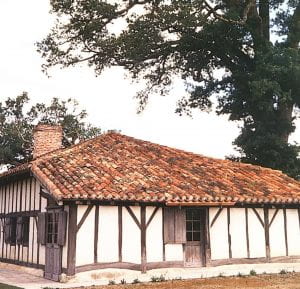In the telling of our story, we find out who we truly are.
 DePaul University is graced with an array of statues and artwork that remind us of our founder. However, how often do we actually reflect on the person of Vincent de Paul, and the sometimes-surprising joys and challenges that made him a real person?
DePaul University is graced with an array of statues and artwork that remind us of our founder. However, how often do we actually reflect on the person of Vincent de Paul, and the sometimes-surprising joys and challenges that made him a real person?
Vincent de Paul came from “peasant stock,” yet his life would lead him to the highest civil and ecclesiastical circles of seventeenth-century France, and would connect him to people with social standing far above his own. A challenge that first confronted Vincent, when still an adolescent, was how to integrate his humble roots with his education and rising social status.
A poignant moment in Vincent’s early life reveals this struggle. Vincent wrote, “I remember that once… at the college where I was studying, I was informed that my father, who was a poor peasant, was asking for me. I refused to go talk to him. In so doing I committed a great sin.”
We know from Vincent’s writings that he wrestled with ambivalent feelings regarding his humble background. However, over the years, Vincent was able to integrate these challenging thoughts into an evolving and authentic sense of self in terms of who he was becoming.
Vincent’s life presents us with an invitation to ask ourselves, how successfully have we integrated our past into the reality of our present? What lessons do our personal histories still have to teach us? As DePaul itself seeks to flourish by moving forward, how can we look back and remain true to the roots that ground us as an institution?
Citation: Stafford Poole, C.M., “The Formative Years of a Saint: Vincent de Paul,” Vincentian Heritage 13:2 (1992), 82.
Reflection by Siobhan O’Donoghue